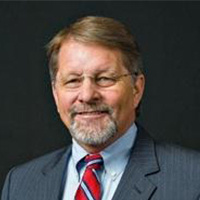East Bend Misdemeanor Lawyer, North Carolina
Not enough matches for East Bend Misdemeanor lawyer.
Below are all East Bend Criminal lawyers.
Dudley A. Witt
✓ VERIFIEDAccident & Injury, Lawsuit & Dispute, Criminal, Estate, Government
Dudley Witt is the attorney that other attorneys want as a partner in the courtroom. He’s adept at civil, criminal and business cases, and he posses... (more)
FREE CONSULTATION
CONTACTFREE CONSULTATION
CONTACTDaniel B. Anthony
Criminal, Civil & Human Rights, Personal Injury
Status: In Good Standing Licensed: 30 Years


